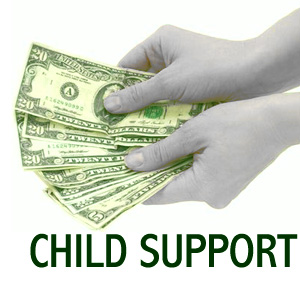 Halle Berry has been involved in a long, drawn out litigation involving child custody and child support. She was recently ordered to pay $16,000 in child support payments to Gabriel Aubrey with regard to supporting the parties’ six year old daughter, Nahla. This child support has to be paid by her each month until Nahla is 19 years old or graduates high school, whichever event should occur first. In addition, Halle Berry was ordered to pay $300,000 in legal fees to Gabriel Aubrey and $115,000 in retroactive child support payments. It is reported these sums are pursuant to a settlement of a case involving Ms. Berry and Mr. Aubrey which had been pending in Los Angeles Superior Court.
Halle Berry has been involved in a long, drawn out litigation involving child custody and child support. She was recently ordered to pay $16,000 in child support payments to Gabriel Aubrey with regard to supporting the parties’ six year old daughter, Nahla. This child support has to be paid by her each month until Nahla is 19 years old or graduates high school, whichever event should occur first. In addition, Halle Berry was ordered to pay $300,000 in legal fees to Gabriel Aubrey and $115,000 in retroactive child support payments. It is reported these sums are pursuant to a settlement of a case involving Ms. Berry and Mr. Aubrey which had been pending in Los Angeles Superior Court.
History Between the Parties
Halle met Gabriel in 2005. Halle Berry is an Academy Award winning actress and Gabriel Aubrey is a Canadian model.
Relocating to France
At one point during their legal battles, Halle Berry brought a proceeding to relocate her daughter to France. She was unsuccessful in this proceeding. At the present time, both Berry and Aubrey have joint custody of the parties’ six year old daughter. However, Aubrey is the residential custodial parent.
Last year, Ms. Berry gave birth to another child with her current husband, Oliver Martinez.


 In
In 

 Justice Duffy sitting in a Supreme Court Part in Westchester County recently ruled a man had to pay his ex-wife more than $282,000 in
Justice Duffy sitting in a Supreme Court Part in Westchester County recently ruled a man had to pay his ex-wife more than $282,000 in 
 Elliot S. Schlissel is a
Elliot S. Schlissel is a  The writer has been helping
The writer has been helping 








